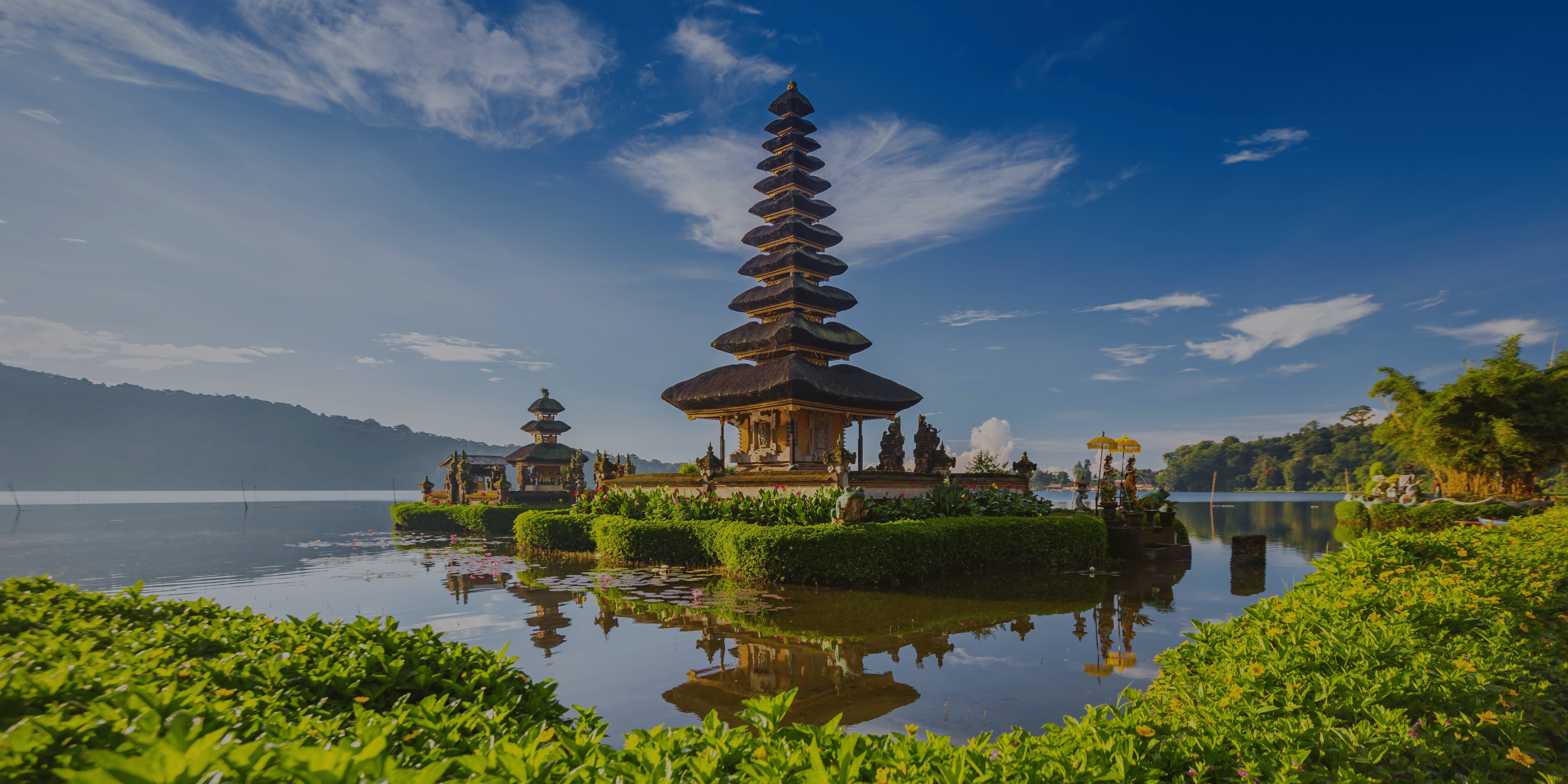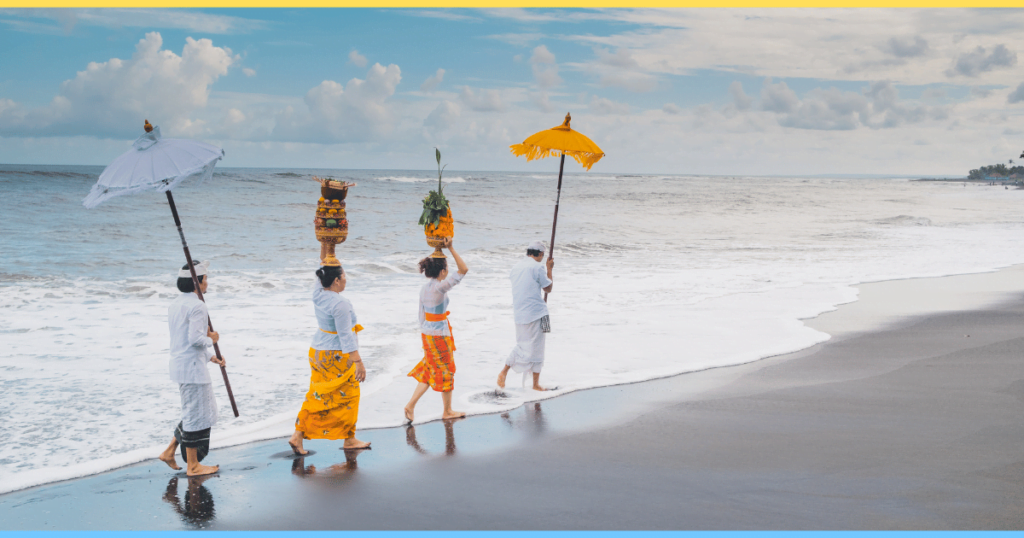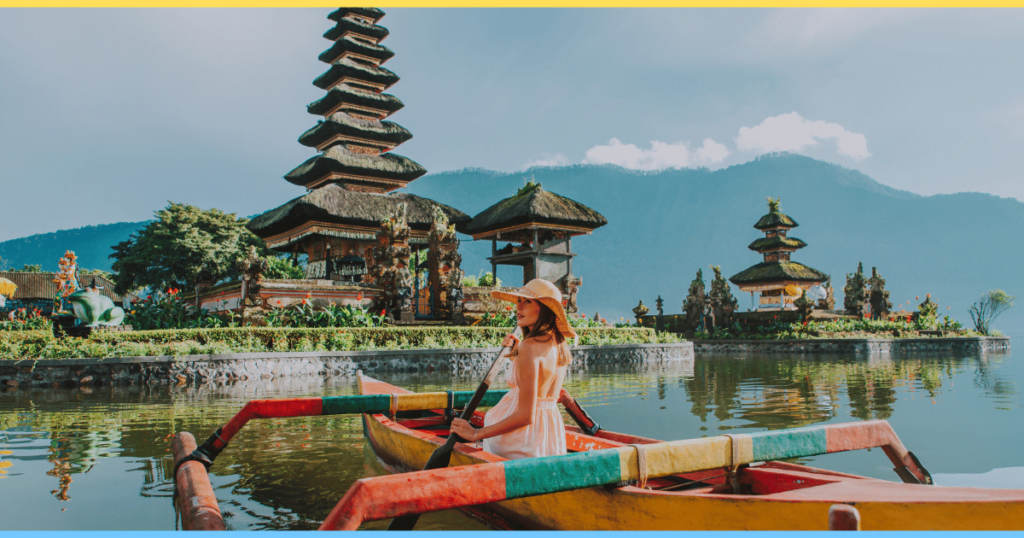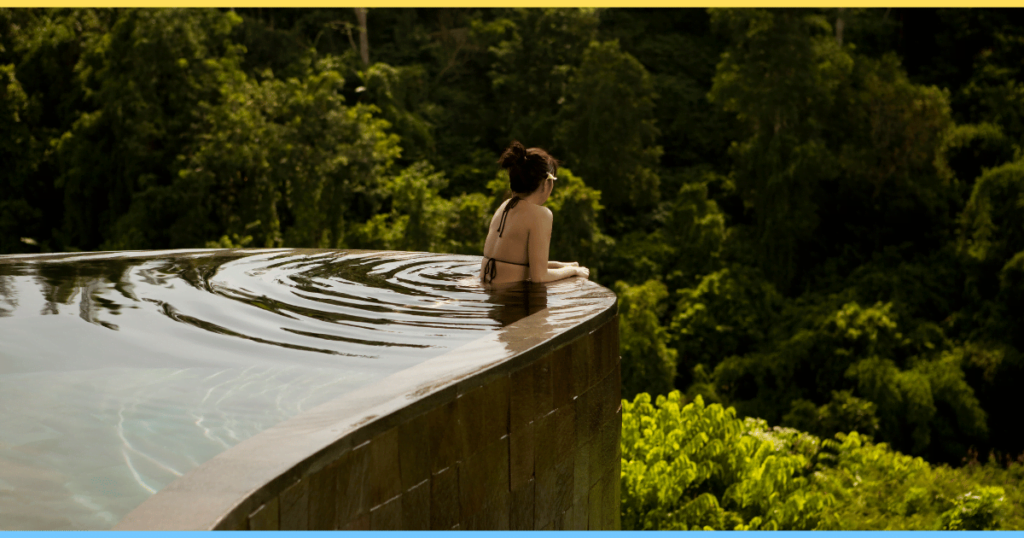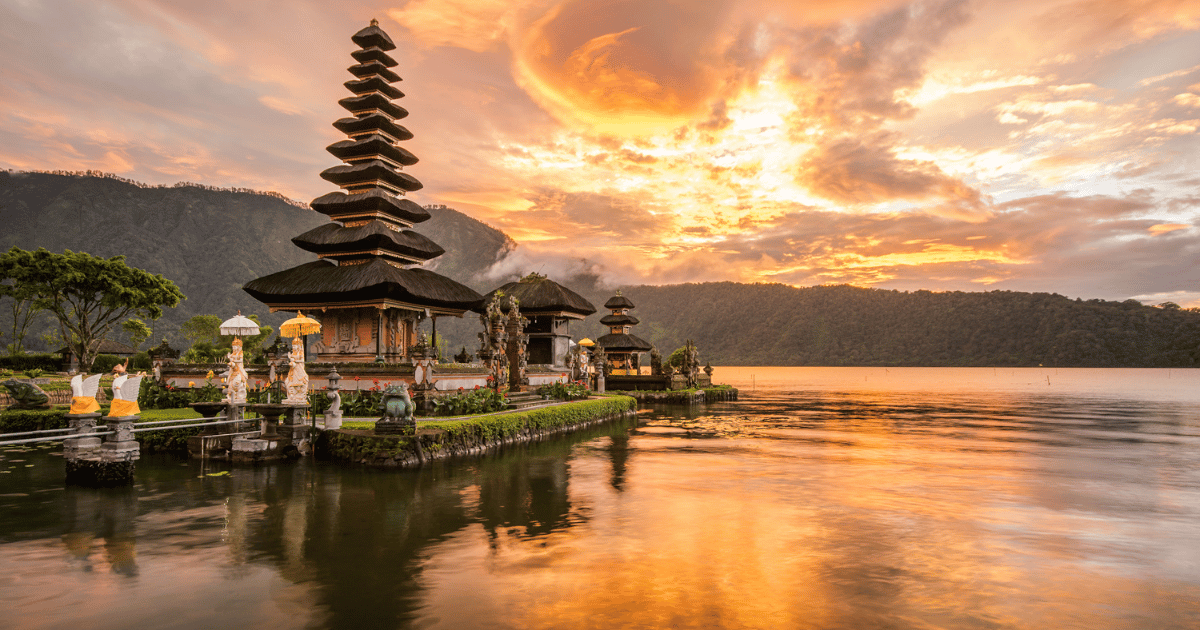
Indonesia
As avid explorers of Indonesia, we’ve gathered our top recommendations to bring you the ultimate guide to experiencing this diverse and captivating archipelago. Dive into our curated list of must-visit destinations across Indonesia, where you’ll uncover hidden gems and essential tips to enhance your travel experience.
Our guide ensures that your Indonesian adventure is nothing short of extraordinary.
Quick Facts About Indonesia
| Category | Facts |
| Location | Southeast Asia, the archipelago between the Indian and Pacific Oceans. |
| Borders | Borders with Malaysia, Papua New Guinea, and East Timor. |
| Climate | Tropical climate with two main seasons: wet and dry. |
| Population | Over 273 million (2023). |
| Official Language | Indonesian (Bahasa Indonesia). |
| Currency | Indonesian Rupiah (IDR). |
| Capital | Jakarta. |
| Major Industries | Agriculture, manufacturing, tourism, mining, and textiles. |
| Religion | Predominantly Islam, with Hinduism, Buddhism, and Christianity present. |
| Time Zone | Multiple time zones: GMT+7 to GMT+9. |
| National Symbols | Garuda (eagle), Red and White flag. |
Geography and Environment
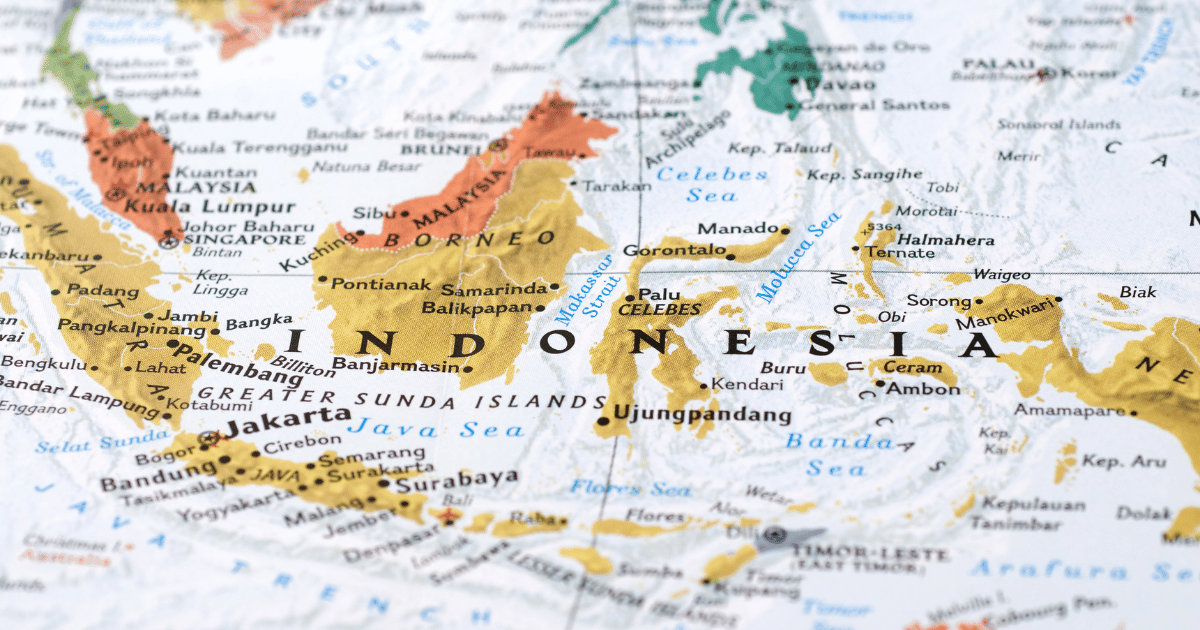
Major Physical Features
Indonesia is the largest archipelago in the world, with over 17,000 islands. Some of the most well-known islands are Sumatra, Java, Borneo (which it shares with Malaysia and Brunei), Sulawesi, and New Guinea. Each island has its own unique landscape, from lush rainforests to towering volcanoes. The country’s vast size and variety of islands give you a lot to explore, from beautiful beaches to rugged mountains.
Seasonal Variations
This land of volcanoes has a tropical climate with two main seasons: the wet season and the dry season. The wet season runs from November to March. The dry season lasts from April to October. This climate affects both agriculture and tourism. The wet season brings heavy rainfall, which is vital for farming. The dry season is popular with tourists because of the clear skies and sunny days. You’ll notice the difference in activities and prices depending on the season you visit.
Natural Resources
Indonesia is rich in natural resources like oil, natural gas, tin, copper, and gold. These resources play a big role in the country’s economy, providing jobs and income. However, managing these resources is a challenge. Extraction can lead to environmental problems, and there’s always a need to balance economic growth with conservation.
Environmental Challenges
Indonesia faces several environmental challenges. Deforestation is a major issue, often driven by the demand for palm oil. Pollution, especially from plastic waste, is another significant problem. Climate change also impacts the country, affecting its weather patterns and sea levels. Despite these challenges, there are ongoing efforts to protect Indonesia’s biodiversity and natural beauty. Conservation programs work to save endangered species and preserve habitats, making sure that the country’s environment is cared for and respected.
History And Culture
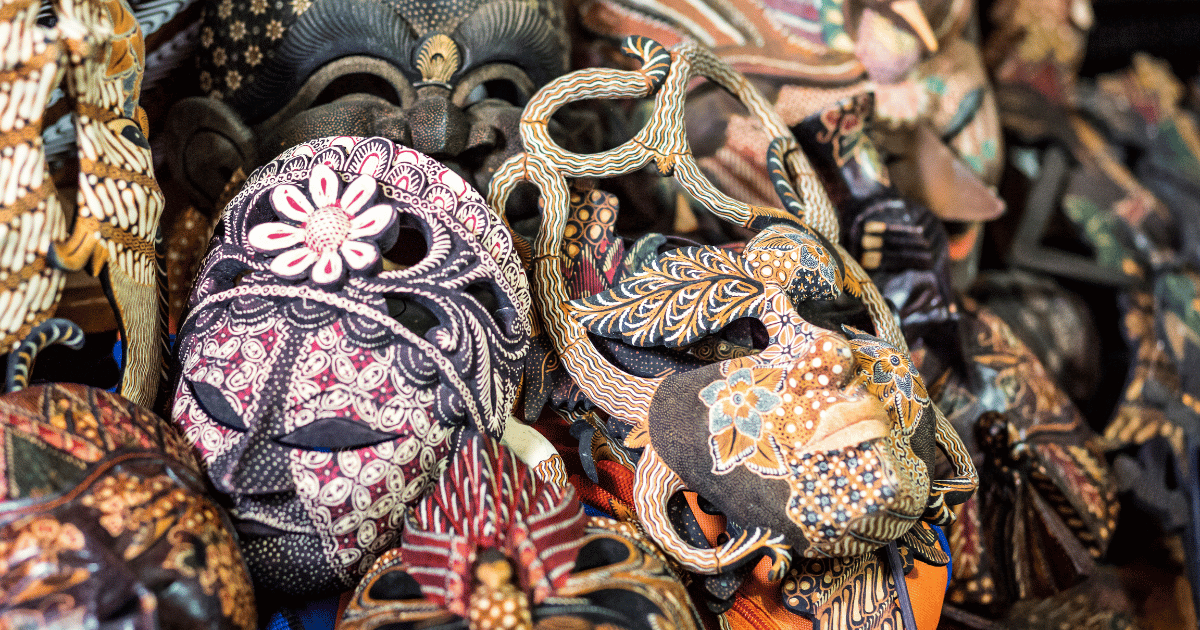
Historical Background
Indonesia’s history is rich and varied, shaped by ancient kingdoms, colonial rule, and a long struggle for independence. Early on, powerful kingdoms like Srivijaya and Majapahit ruled parts of the archipelago. These kingdoms played a big role in spreading Hinduism and Buddhism across the islands. The arrival of Islam in the 13th century changed the cultural landscape, leading to the rise of Islamic sultanates.
Colonial rule began in the 16th century when the Dutch East India Company established trading posts. Over time, the Dutch took control, turning the pearl of Asia into a colony. This period lasted for over 300 years, during which the local population faced significant hardships. But, it also sparked a growing sense of nationalism.
Indonesia’s struggle for independence reached its peak during World War II. The Japanese occupied the country from 1942 to 1945, weakening Dutch control. After Japan’s defeat, the maritime nation declared its independence on August 17, 1945. The Dutch tried to regain control, but after four years of conflict, The land of a thousand islands finally secured its freedom in 1949.
Key Historical Events
The fall of the Majapahit Empire marked a turning point in history. The Majapahit Empire, based in East Java, was one of the greatest Hindu-Buddhist empires in Southeast Asia. It reached its height in the 14th century, unifying much of what is now Indonesia. However, by the 15th century, internal conflicts and the spread of Islam led to its decline. The fall of the empire paved the way for the rise of Islamic sultanates, which shaped the cultural and religious landscape of the land of festivals.
Dutch colonization began in the 17th century, with the Dutch gradually expanding their control over the islands. The colonization period brought about significant changes, from the introduction of new crops and trade routes to the exploitation of natural resources and forced labor. The Dutch established a system of indirect rule, using local rulers to govern on their behalf. This period also saw the rise of nationalist movements, as Indonesians began to resist colonial oppression.
During World War II, Japan occupied Indonesia from 1942 to 1945. The occupation disrupted Dutch control and gave Indonesians a taste of self-governance, though the Japanese rule was harsh. When Japan surrendered in 1945, the island nation quickly moved to declare its independence. The following years were marked by armed conflict and diplomatic negotiations with the Dutch, who were reluctant to let go of their colony. Indonesia’s eventual victory in 1949 marked the end of colonial rule and the beginning of its journey as an independent nation.
What Is Unique About Indonesia
Number of Islands:
As we have mentioned above, Indonesia is the world’s largest archipelago, with over 17,000 islands. These islands range from tiny, uninhabited spots to large, bustling hubs like Java and Sumatra. Each island has its own unique character and culture, making Indonesia incredibly diverse.
Geographical Spread:
This tropical paradise stretches across two continents, Asia and Oceania. This vast geographical spread means you’ll find a wide range of climates, landscapes, and cultures. From the bustling cities on Java to the untouched rainforests in Papua, the country offers something for every type of traveler.
Cultural Diversity
Ethnic Groups:
Indonesia is home to over 300 distinct ethnic groups, each with its own traditions, languages, and customs. This diversity is one of the country’s greatest strengths, creating a rich tapestry of cultural practices and beliefs.
Languages:
With more than 700 languages spoken across the islands, it’s a linguistically diverse nation. While Bahasa Indonesia is the official language, you’ll hear many different dialects and languages as you travel through the country. This linguistic diversity reflects the country’s complex history and cultural richness.
Unique Traditions:
Indonesia is known for its unique cultural traditions. In Bali, you can experience the island’s spiritual culture, with daily offerings, temple ceremonies, and festivals. In the Toraja region of Sulawesi, funerals are elaborate events that can last for days. On Java, shadow puppetry, or wayang kulit, is a traditional art form that tells ancient stories through intricate puppet performances.
Environmental Significance
Biodiversity Hotspots:
Indonesia’s rainforests, especially in Sumatra, Borneo, and Papua, are among the most biodiverse regions on Earth. These forests are home to thousands of species, many of which are found nowhere else in the world. From the endangered Sumatran tiger to the elusive clouded leopard, Indonesia’s rainforests are a treasure trove of wildlife.
Marine Life:
The Coral Triangle, located in the waters of Indonesia, is one of the most important marine biodiversity hotspots on the planet. This area is home to 76% of the world’s coral species and more than 2,000 species of fish. The Coral Triangle’s vibrant reefs support the livelihoods of millions of people and are crucial for global marine biodiversity.
Conservation Efforts:
Indonesia is actively working to preserve its natural heritage through national parks and conservation initiatives. Efforts to protect endangered species, like orangutans in Sumatra and Borneo and Komodo dragons in Komodo National Park, are critical to maintaining the country’s biodiversity. These conservation projects not only protect wildlife but also contribute to sustainable tourism.
Integration of Culture and Nature
Cultural Practices Tied to Nature:
In Indonesia, many cultural practices are closely linked to the natural environment. For example, the rice terraces in Bali are not just a way to grow food—they reflect the island’s spiritual connection to nature. The Subak system, a traditional irrigation method, is based on the Balinese philosophy of Tri Hita Karana, which emphasizes harmony between people, nature, and the gods.
Ecotourism:
Indonesia is a leader in ecotourism, promoting sustainable travel practices that respect the environment and local cultures. Whether you’re trekking through the jungles of Sumatra, diving in the Coral Triangle, or visiting remote villages in Papua, you can experience the beauty of Indonesia while minimizing your environmental impact. Ecotourism in Indonesia allows you to explore the country’s stunning landscapes and helps preserve them for future generations.
Indonesia City Guides
Select the city you are most interested in, and you will be taken to the appropriate information and reviews. With these guides, we are confident that you have the optimal source of information to find your next dream destination.

